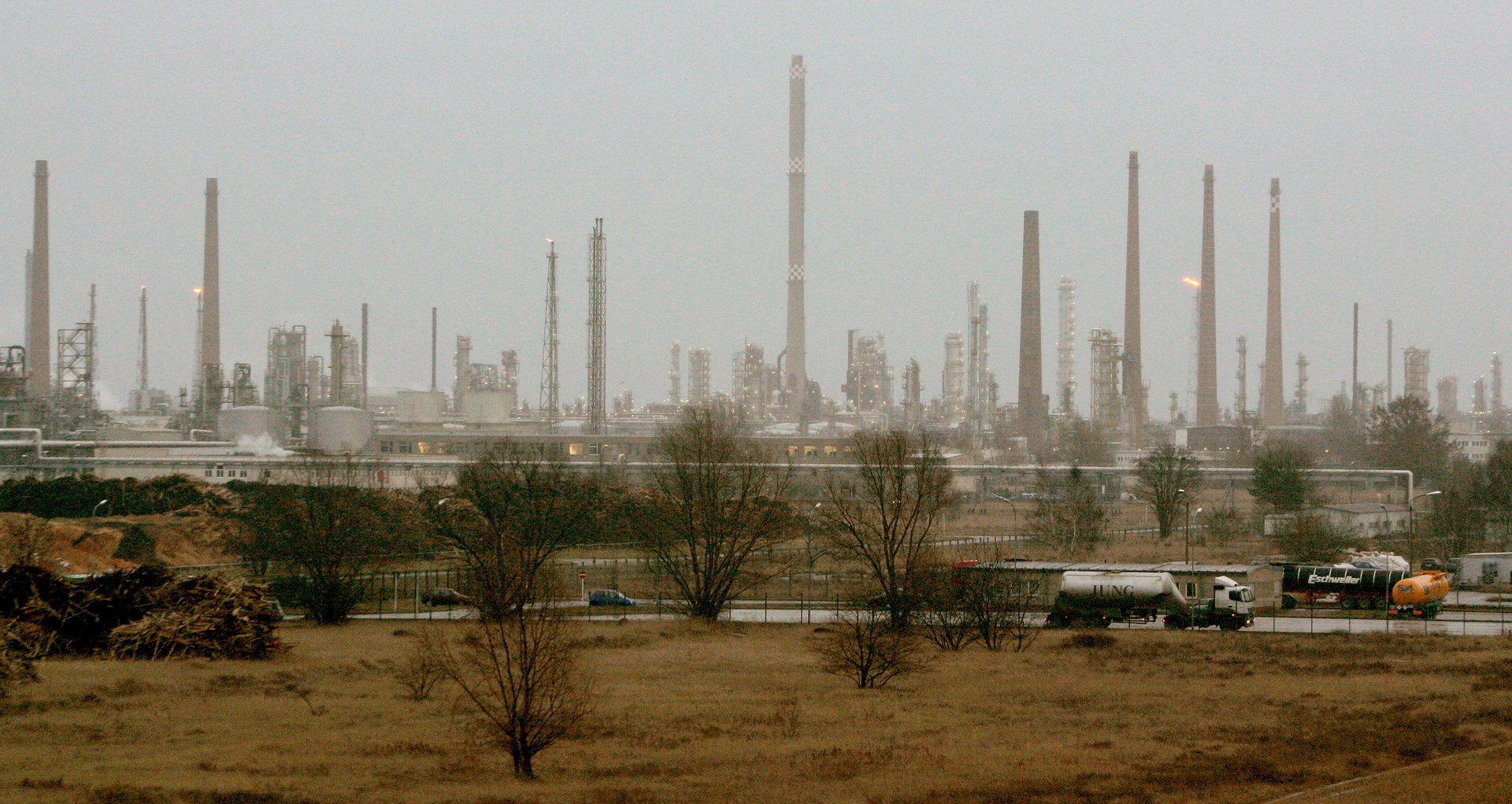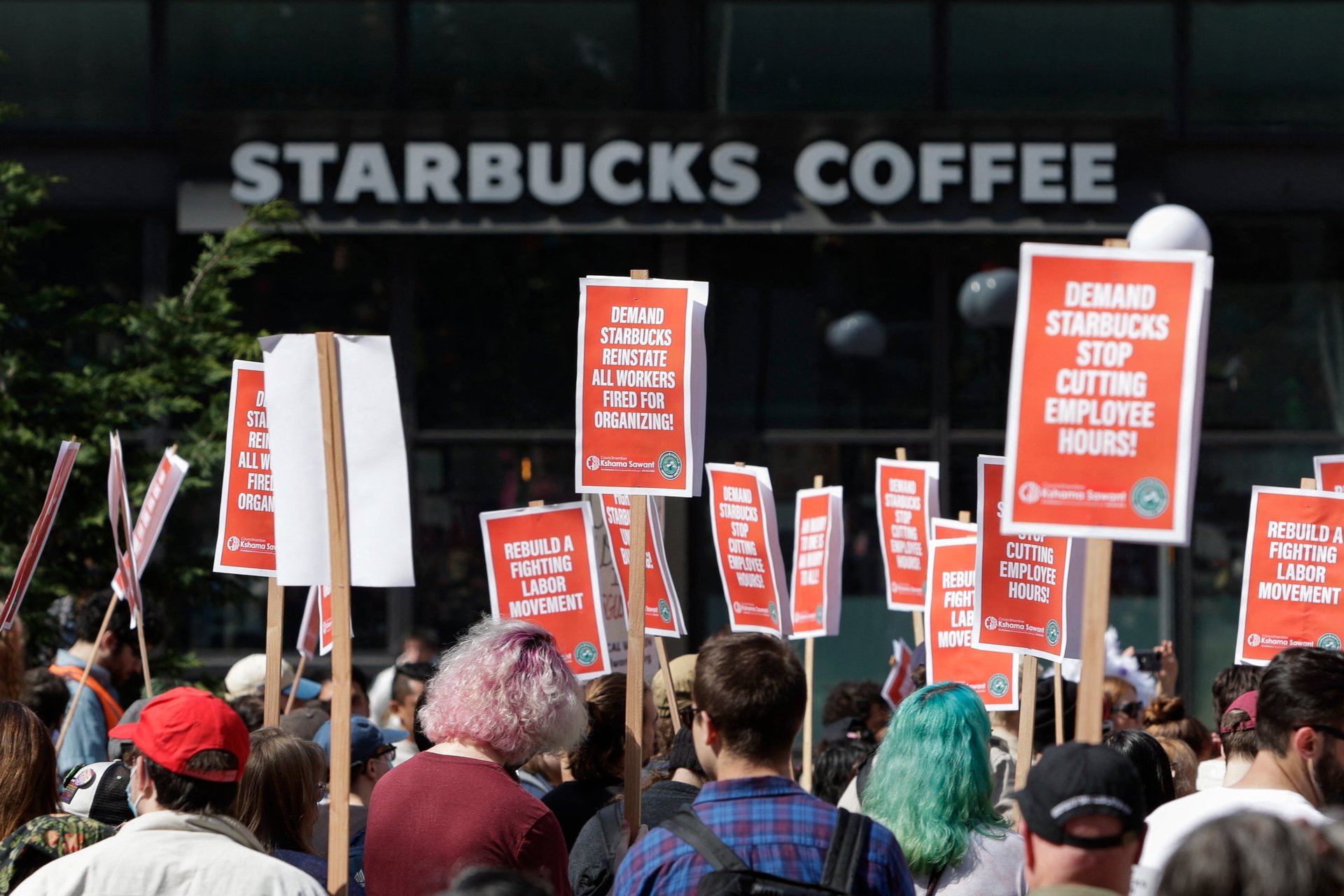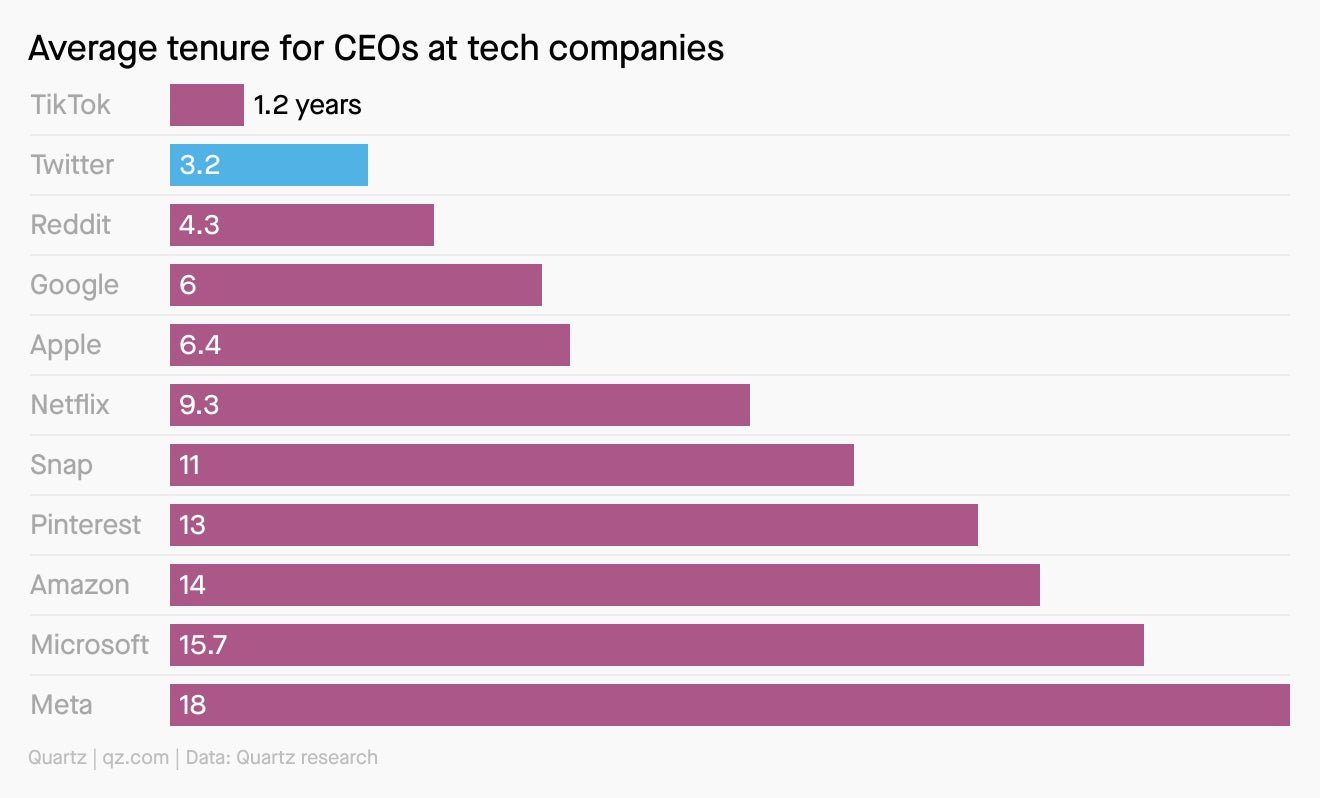🌍 Russians attacked Odesa
Good morning, Quartz readers!


Good morning, Quartz readers!
Here’s what you need to know
Russians attacked Odesa. A rocket hit civilian centers in Ukraine’s seaport city. Meanwhile, Ukraine said it sank two Russian naval vessels.
Germany said it’d join an immediate Russian oil ban. The major shift could allow for an EU-wide embargo within days.
New Zealand opened its borders. Visitors will have to show proof of vaccination and carry a passport from one of the 60 countries participating in its visa-waiver program.
South Africa’s omicron spike may foreshadow the pandemic’s next stage. Health officials believe the surge of subvariants in the omicron family shows how the virus is evolving.
India and Pakistan are in the throes of a record-breaking heat wave. Pakistani officials are calling it “a spring-less year.”
What to watch for

Starbucks is scheduled to report earnings today with founder Howard Schultz, who rejoined as CEO in April. Here’s what investors will be looking at:
💪 Unionization. Unionization efforts at a second Amazon warehouse may have fallen short yesterday, but the momentum among US Starbucks baristas continues, leading to higher labor costs. Since company-owned Starbucks stores in Buffalo, New York filed to be unionized in late August, more than 200 out of nearly 9,000 company-owned stores in the US have filed paperwork for a union election. To date, more than 20 stores, including Buffalo-location sites, have voted to unionize. That comes after Starbucks said last October it will raise average pay to $17 an hour by mid-2022.
💰 Higher costs. The pandemic and the war in Ukraine continue to weigh on supply chain-related costs. Lockdowns in China may have hurt Starbucks’s performance, as its second biggest market is in China. In turn, Starbucks has been pushing the costs on to consumers, with more price increases expected this year. So far, customers still have no qualms about laying down latte orders, but that could change as inflation soars.
The Fed’s dangerous game
The US Federal Reserve wants the world’s biggest economy to have a soft landing from its weird semi-post-pandemic and uncertain war phase. But what does a soft landing mean? Quartz reporter Tim Fernholz has a great analogy:
“Imagine the economy as a hot air balloon. Pump too much energy in, and the balloon goes quite high. To return to the Earth, you need to let some of the hot air cool so you can descend, but if you move down too fast, the results could be catastrophic.”
It’s a dangerous game. History tells us a recession is more likely than not. But even within the Fed, there’s hope this time will be different.
New boss, who dis?
With rumors circulating that Elon Musk already has someone in mind to lead Twitter that isn’t Parag Agrawal, Musk would do well to remember that the social media company’s bosses don’t last long. In fact, Twitter may be one of the hardest tech companies to run, as evidenced by the high turnover among its chief executives.

Maybe it’s not Musk though, and just the way of the game. ✦ Quartz’s latest Weekend Brief looked at the billionaires strategy of buying into tech and media. Become a member today to get the Weekend Brief, and use code MAKEBIZBETTER to take 50% off!
Handpicked Quartz
Stories our readers especially liked.
Surprising discoveries
A new cereal required OJ, not milk. Tropicana’s press release says the honey and almond cereal “may not be for everyone (but it could be for you!).”
The US Census Bureau has redefined its criteria for urban areas. The rules could impact rural access to medical care, as well as federal funding.
Competitive M&M stacking has a new world record. Ibrahim Sadeq of Nasiriyah, Iraq has managed to stack seven of the slippery little candies.
IKEA is now serving up Swedish “Seedballs.” Created in partnership with the World Wildlife Fund (WWF), the soil balls are designed to rewild gardens, feed insects, and start conversations about biodiversity.
Global debt levels rose to 263% of GDP in 2020, following the onset of the pandemic. Learn more about the impact of covid-19 on national debt, which probably doesn’t mean exactly what you think it means, in the latest episode of the Quartz Obsession podcast.
💸 Listen on: Apple Podcasts | Spotify | Google | Stitcher
Our best wishes for a productive day. Send any news, comments, cereal that pairs with coffee, and conversational seedballs to [email protected]. Get the most out of Quartz by downloading our iOS app and becoming a member. Today’s Daily Brief was brought to you by Julia Malleck, Michelle Cheng, Anne Quito, Susan Howson, and Morgan Haefner.